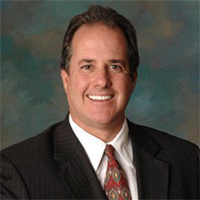Grand Rapids Misdemeanor Lawyer, Ohio
Not enough matches for Grand Rapids Misdemeanor lawyer.
Below are all Grand Rapids Criminal lawyers.
Michael Prephan Jr.
✓ VERIFIEDFelony, Criminal, Motor Vehicle, Juvenile Law
Making the law work for you, not against you. In practice since 1987, Mike Prephan Jr. has the experience and knowledge to to help you through all ... (more)
Jerry P. Purcel
✓ VERIFIEDAccident & Injury, DUI-DWI, Car Accident, Bankruptcy & Debt, Divorce & Family Law
Jerry P. Purcel is a general practice attorney who has extensive experience in bankruptcy, personal injury, family law, and criminal defense cases. Wh... (more)
Martin J. McManus
✓ VERIFIEDAccident & Injury, Criminal, Traffic, Divorce & Family Law, Estate
Martin J. McManus, a third generation attorney, has long been dedicated to the practice of personal injury, wrongful death, car accident, medical malp... (more)
Stephen D. Hartman
Litigation, Criminal, Constitutional Law, Legal Malpractice
Status: In Good Standing
Peter Terry Halleck
Personal Injury, Divorce & Family Law, Criminal, Federal Appellate Practice
Status: In Good Standing Licensed: 51 Years
Wilson Alexander Smith
Juvenile Law, Federal Appellate Practice, Estate, Family Law
Status: In Good Standing Licensed: 14 Years
William Bair
Real Estate, Divorce & Family Law, Criminal, Bankruptcy & Debt
Status: In Good Standing Licensed: 18 Years
John Simpson Spore
DUI-DWI, Business Organization, Estate
Status: In Good Standing Licensed: 38 Years




